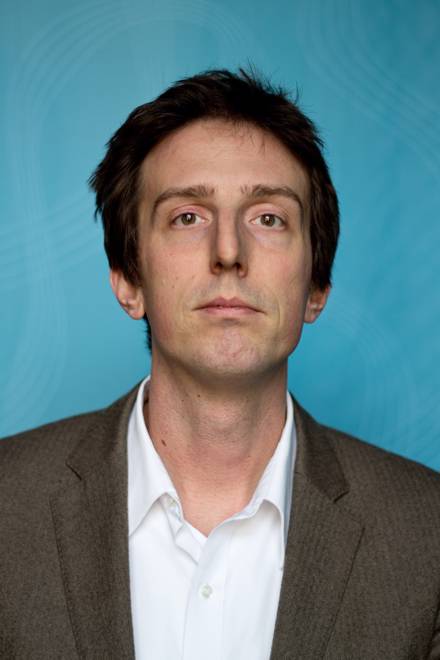Jason Miklian (MSc, International Relations, London School of Economics and Political Science) is a researcher at PRIO, exploring the arenas where conflict and commerce meet. Miklian’s research studies how demands for natural resources (such as iron, diamonds, and rare earth elements) and market access by consumer goods firms can influence how business, governance and violent conflict intersect in fragile countries and how these production chains are traced around the world.
Miklian's regional focus is on South Asian conflict resolution and regional security, with publications on media and foreign policy in Nepal, the Maoist insurgency in India, political ecologies of war and conflict diamonds in support. Miklian has conducted extensive fieldwork in South Asia since 2005, with over one dozen medium or long-term fieldwork visits to India on projects with international, national and local level project-based and institutional collaboration. Miklian is also a PhD candidate in Development Studies at the University of Life Sciences (Ås, Norway), and has written for or been cited in an expert capacity by The New York Times, the BBC, The Economist, Agence France-Presse, Foreign Policy, France 24, NRK (Norway), The Hindu (India) and National Public Radio (New York) among various media outlets.
Languages spoken: English, Hindi, Urdu






